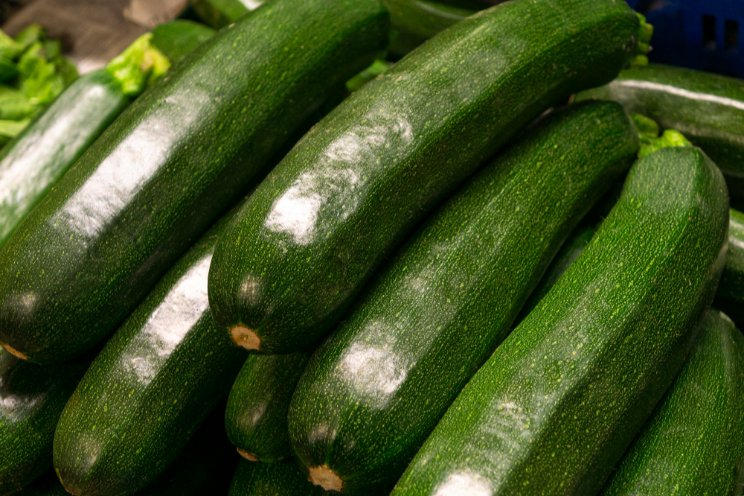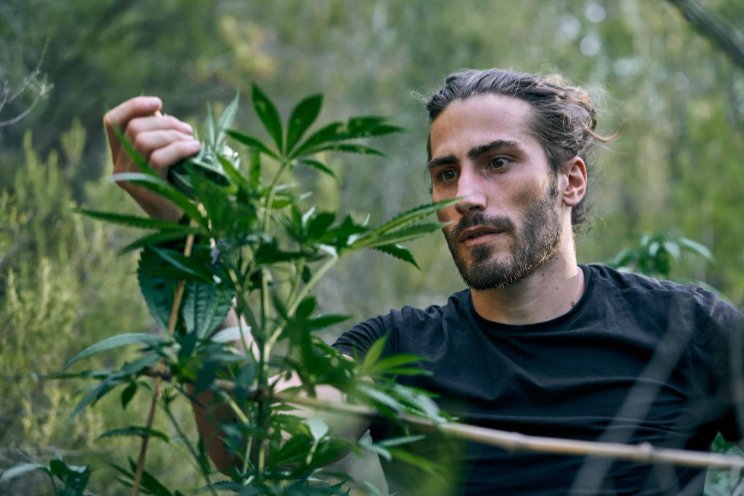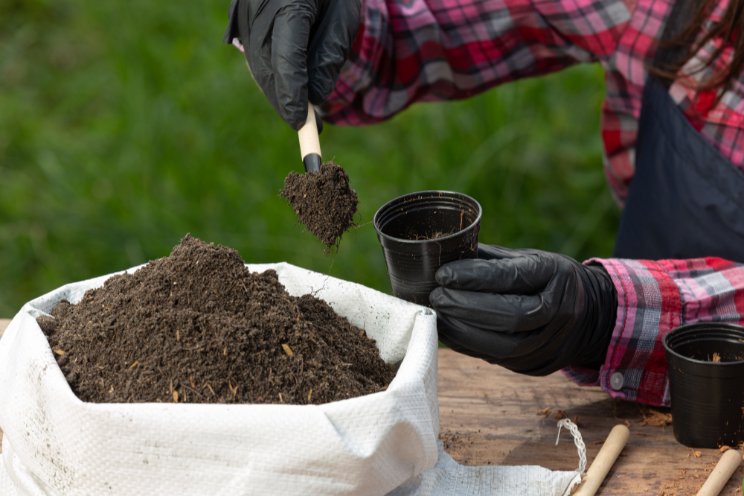Colombian scientist helping protect tomatoes
Added on 20 February 2020

Mazo-Molina's says her passion for plants started at an early age.
"My relationship with science started when my dad, Freddy Mazo, gave me a mini-microscope while I was in high-school in Barranquilla, Colombia," she said.
"I remember looking at onion peels trying to use sunlight in my backyard to capture an image through the eyepiece."
Carolina Mazo-Molina, Cornell University
She studied undergraduate microbiology at Colombia's Universidad Javeriana and Mazo-Molina says after finishing her masters degree in 2012, she decided she wanted to find a way to translate her knowledge in microbiology into providing solutions to the challenges Colombian agriculture currently faces.
That drive eventually took her to the lab of Greg Martin at the Boyce Thompson Institute, where she studied how microbes infect plants and how do plants defend themselves from such attacks, successfully gaining her PhD in 2019.
Now she works on bacterial speck disease, which is caused by the Pseudomonas syringae pv. tomato or Pst for short. This is a significant pest in tomato crops: in 2015, in upstate New York, there was an outbreak of bacterial speck, and several tomato fields were devastated within days.
"It is urgent to find novel sources of genetic resistance to protect susceptible tomato plants from emerging plant pathogens," she said.
To find a potential solution, Mazo-Molina worked with a wild relative of tomato called Solanum lycopersicoides originally from South America.
As a result of her research, Mazo-Molina identified a specific protein in that wild species that detects the damaging protein from the bacteria - this plant-microbe interaction confers protection against bacterial speck disease in tomato plants.
"With the identification of a new resistance protein, tomato plants can be protected against a broad range of Pst strains," she said, "Such plants would require fewer applications of pesticides producing economic and environmental benefits while providing food for consumers with less pesticide residue."
According to Mazo-Molina, additional wild relatives of tomato have been screened towards finding other sources of genetic resistance against bacterial speck disease, thanks to the research done by scientists at the Universities of California at Davis and Berkeley,
But getting there was not at all easy.
"One of the biggest challenges has been to work with tomato plants that take up to two months to grow and to be ready for experiments in the lab," she said, "In research, this a long time to wait and can be only compensated by growing many plants simultaneously, which can be overwhelming sometimes."

Colombian plant pathologist Carolina Mazo-Molina in a growth chamber at the Boyce Thompson Institute (BTI) at Cornell University in Ithaca, New York.
DIANA FAJARDO
Mazo-Molina isn't the only Colombian female researcher making an impact at Cornell with her love of microbes.
Ana Maria Porras, 31, a Cornell University biomedical engineer, has found the perfect hook to get kids interested in science - a crochet hook.
Every week, Porras puts up a different crocheted micro-organism and she tells its story. She now has almost 2000 followers on Instagram across her English-language and Spanish-language accounts, using the #MicroMartes and #microbemondays hashtags.
In Puerto Rico, there is another young Colombian researcher who is using plants to help solve global challenges.
After completing an undergraduate degree in forestry engineering, Claudia Garnica, 28, is now completing her master's degree in biology at the University of Puerto Rico at Mayagüez, where she is particularly interested in plants that grow in serpentine soils.
Garnica says her finding suggest there may be a consistent pattern with how plants respond to changes in environmental conditions.
Source and Photo Courtesy of Forbes
Source: Forbes
More news















